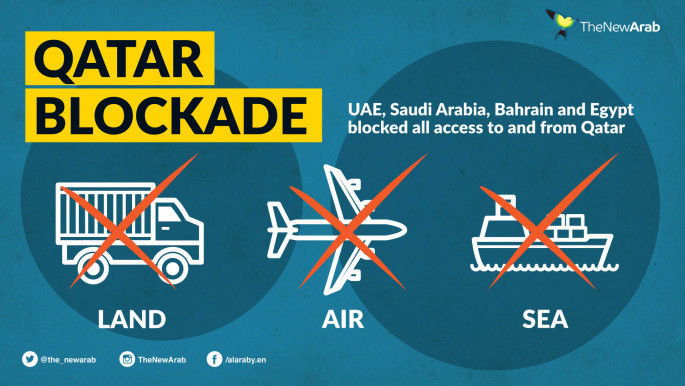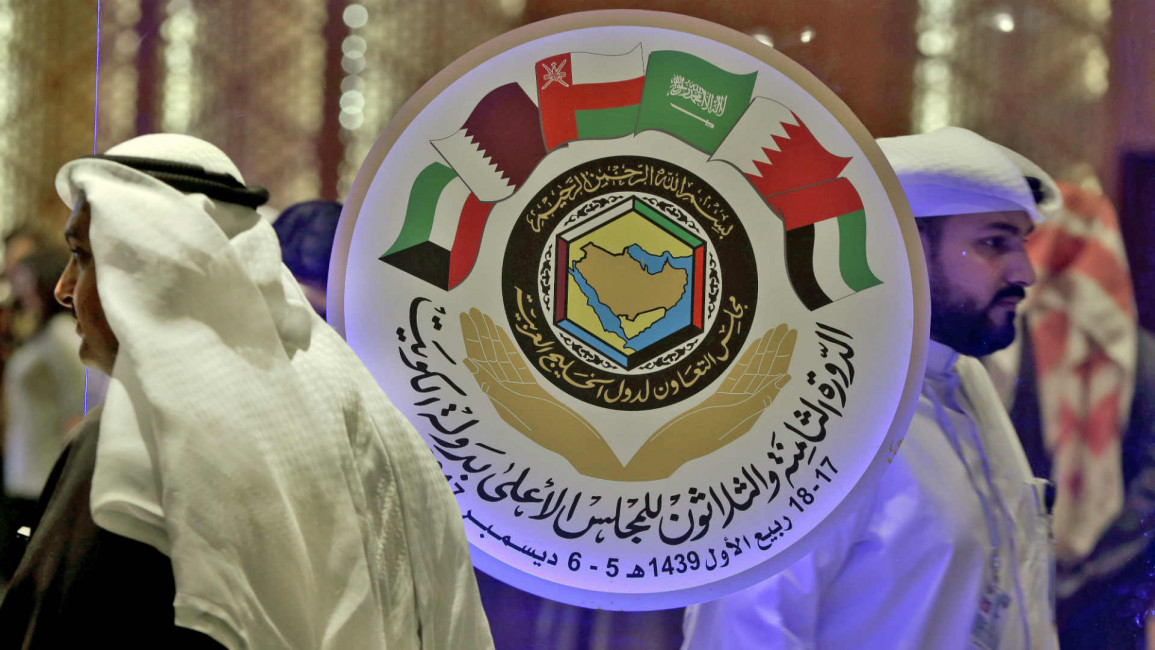GCC summit move to Saudi Arabia made official
A regional body of Arab Gulf states will hold its annual meeting in Saudi Arabia next week and not the UAE as previously planned.
The Gulf Cooperation Council (GCC) said late Sunday it will meet in Riyadh on 10 December. It is the group's 40th summit.
The meeting had been scheduled to be held in the UAE since last year. GCC officials did not say why they decided to move the event to Saudi Arabia.
The GCC is a bloc composed of Bahrain, Kuwait, Oman, Qatar, Saudi Arabia and the UAE.
The bloc has been fractured by a two-year boycott by Bahrain, the UAE and Saudi Arabia - as well as Egypt - of Qatar over a political dispute.
Recently, however, teams from Saudi Arabia and the UAE broke their ongoing blockade and traveled to Qatar for the 2019 Arabian Gulf Cup soccer tournament.
The first game of the Gulf Cup kicked-off in Doha on Tuesday afternoon.
The Gulf Cup see the six member states of the Gulf Cooperation Council, plus Iraq and Yemen, all taking part.
The biennial competition looked under threat when the UAE, Bahrain and Saudi Arabia - plus Egypt - launched a blockade on Qatar in June 2017, cutting off land, sea and air routes to the country.
It is believed that the siege of Qatar has been due to Doha's independent foreign policy and media outlets.
There is also said to be lingering resentment from some Gulf states over Qatar's hosting of the 2022 World Cup.
Read more: Regional rivals Qatar and UAE to compete for Gulf Cup semi-final place
The 2017 Gulf Cup was due to be played in Qatar but was moved to Kuwait when Saudi Arabia, the UAE and Bahrain threatened to boycott the tournament.
In what some commentators believe is a sign the embargo could be eased soon, the three Gulf states agreed to take part in this year's tournament in Qatar, effectively breaking the blockade on Doha.
The UAE team took a circuitous route to Qatar via Kuwait to avoid flying straight to Doha, but the Saudi team flew directly to Qatar. Coverage of the Gulf Cup has been low-key in Emirati and Saudi media, while some outlets have chosen to ignore it.
Coverage of the Gulf Cup has been low-key in Emirati and Saudi media, while some outlets have chosen to ignore it.
Analysts have dubbed the move an act of "football diplomacy" and could be a small but significant step towards diplomatic relations being re-established between the Gulf states.
Bill Law, editor of the Arab Digest, noted that while the UAE still opposes Qatar's alleged support for the Muslim Brotherhood and Saudi Arabia remains opposed to Doha-based broadcaster Al Jazeera, football could be a vehicle used to end the crisis.
"The Gulf Cup is the road chosen to start the process of bringing an end to a silly dispute that substantially wrecked the GCC, benefitted regional rival Iran and did reputational damage to the UAE and Saudi Arabia," he told The New Arab.
"Qatar has emerged relatively unscathed economically and reputationally: it is widely seen as the adult in the room in its handling of the feud.
Follow us on Twitter and Instagram to stay connected!



